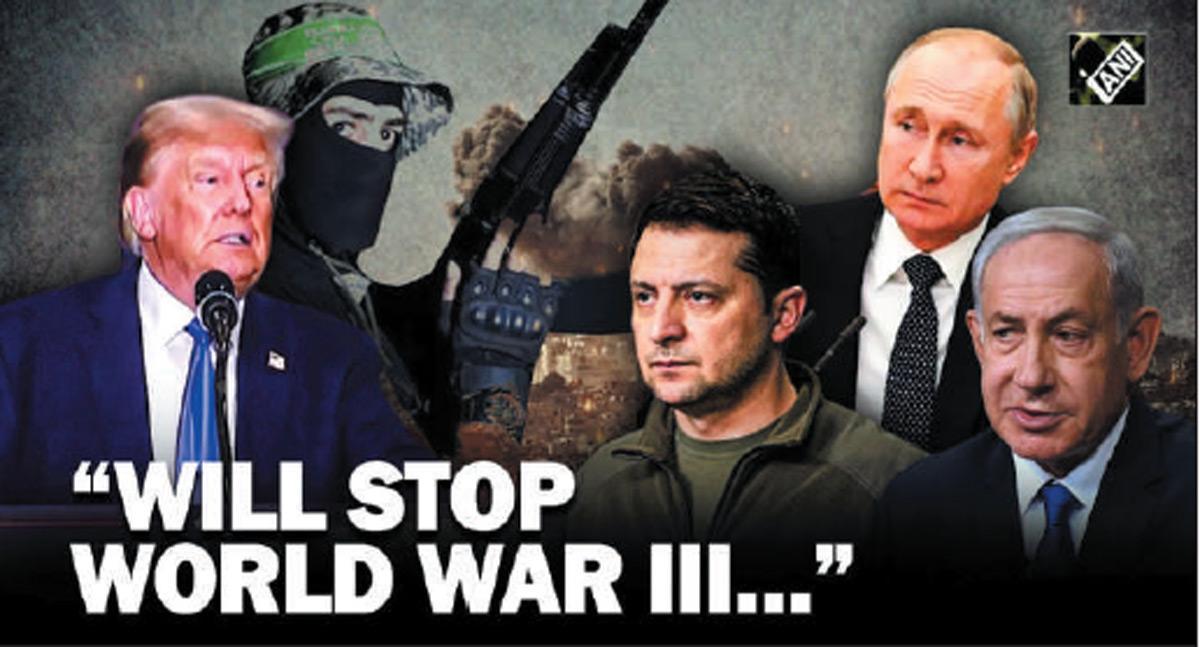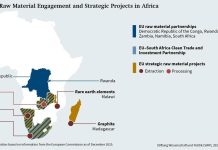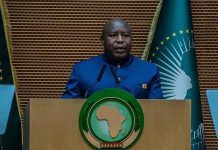Dr R Neerunjun Gopee
Africa-Press – Lesotho. I know not with what weapons World War III will be fought, but World War IV will be fought with sticks and stones.
– Albert Einstein
As far back as we can go in history, we find that from the very beginning mankind seems to have been forever at war, and we can see that there is no end to this inclination.
Despite claims to the contrary, it does not appear that there ever will be a ‘war to end all wars. ’ If my memory serves me right, World War II was supposed to have been that war: clearly, it wasn’t, if ever there had been a hope that it would.
In other words, wars are on, sometimes here, sometimes there, often at several places, but they just go on. Or rather, we humans perpetuate them. The reasons are complex and vary – but the constant is: war! War is the winner; people are the victims.
Using a medical analogy, to me war is like an endemic disease of mankind: dormant for some time, but always present and lurking, and then erupting without warning, causing material havoc in countries and death to populations.
The difference between disease and war is that we have little or no control over when an endemic disease will surface and where, whereas with goodwill and some of the milk of human kindness, we could avoid wars altogether.
Another difference is that whereas based on scientific principles there exist coherent strategies for the prevention and control of manifest endemic disease, there is no cure for the follies that surge from the dark, atavistic depths of the human psyche, and they appear to be present more among some humans, and in some geographies and demographies, than in others.
If there is any similarity between war and endemic disease, it is 1) that they happen unexpectedly, and 2) no one knows when they will end. And thus, alas, it seems that in those regions and populations, humans are particularly hardwired to get at each other on all sorts of fabricated grounds – religion, race, class divide, politics — that engender fear, jealousy, greed, and destructive urges.
Bottomline line is ‘othering’ – which for that matter exists though on a smaller scale even within homogeneous groups or ones close to each other. After all, aren’t there family disputes and internecine warring?
But we are here concerned with the bigger wars that affect mankind globally in one way or the other, as the two world wars of the last century did, after which several more have kept happening to this day.
The current ones that are the cause for worry and concern are the Ukraine and the Hamas-Israel wars – because of the risk of their spreading into wider conflicts and involve more countries more directly.
War, or Peace?
Is this a real possibility? Well to some extent it has already materialized, with the Houthis based in Yemen entering the fray in the Middle-East and launching attacks on ships in the Red Sea, that is already impacting global trade.
There have already been counter-attacks from the US-led forces in the Mediterranean and the Red Sea. When the 9/11 attack on the twin towers in New York took place in 2001, some people opined that this was the World War III that was, apparently, foreseen by Nostradamus, namely that it would arise from the Middle-East.
However, the circumstances have gotten somewhat more complicated now. In fact, sometime back in January last, according to online sources, ‘NATO Military Committee Chairman Admiral Robert Bauer emphasized the need for households to prepare for war, urging the alliance’s members to have essentials like water, battery-operated radios, and flashlights.
As concerns grow over the risk of conflict in Europe and the Pacific, military leaders from various nations, including the UK, Sweden, and Germany, consider the possibility of reintroducing conscription.
He added that ‘We need public and private actors to change their mindset from an era in which everything was plannable, foreseeable, controllable, focused on efficiency.
. to an era in which anything can happen at any time, an era in which we need to expect the unexpected. ’
Further, NATO countries need to be on red alert for war and ‘expect the unexpected,’ to meet which challenge and ‘in order to be fully effective, also in the future, we need a warfighting transformation of NATO. For this too, public-private cooperation will be the key. ’
Meaning, one would presume the military-industrial complex which Le Monde Diplomatique wrote about so extensively in the 1980s, at a time when I could afford to subscribe to it! I must concede that I didn’t then appreciate the full complexity and reality of this concept.
Source: Mauritius Times
For More News And Analysis About Lesotho Follow Africa-Press






